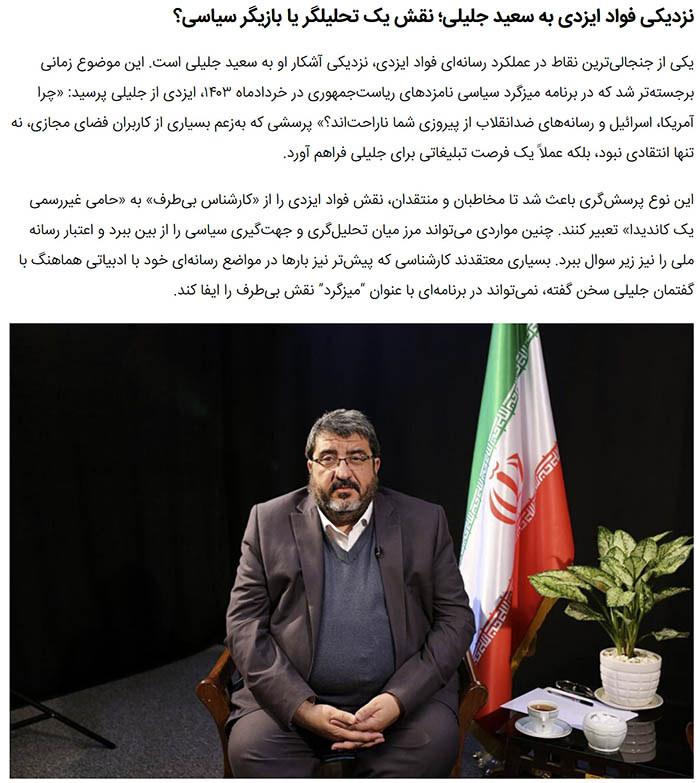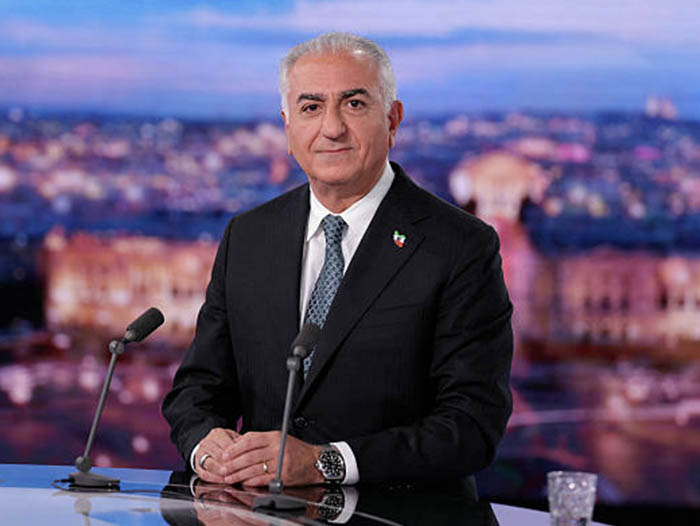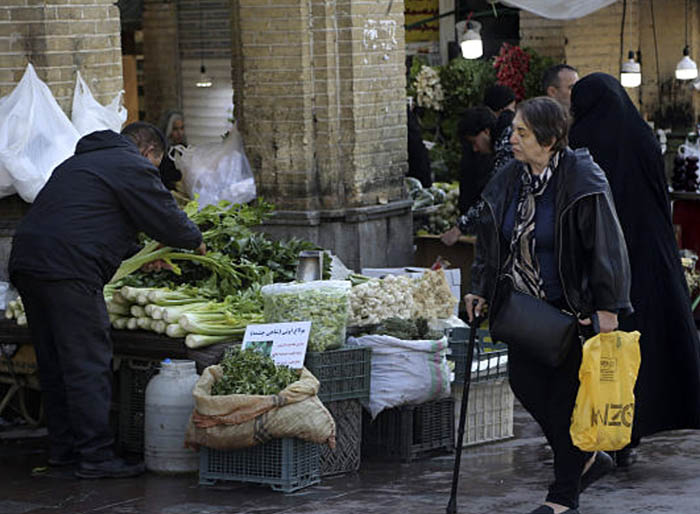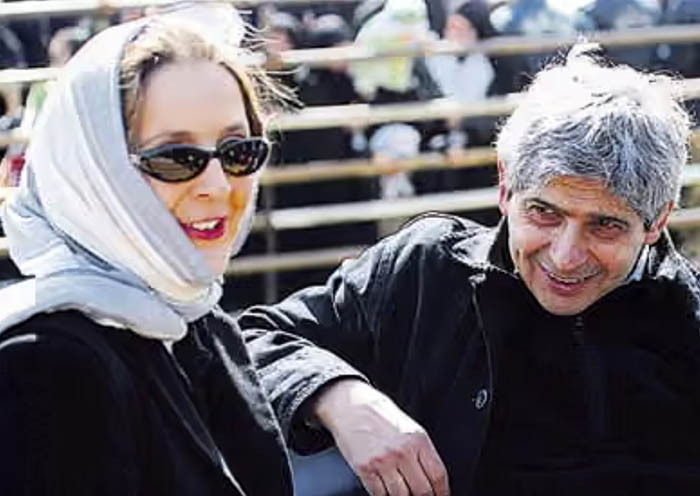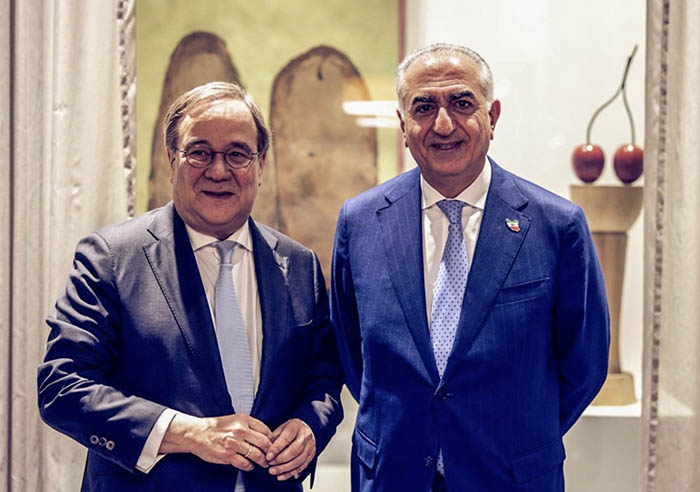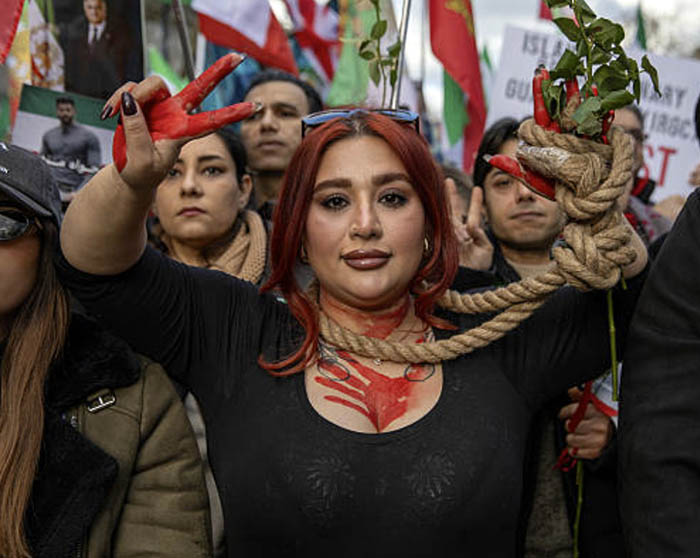Who is Fouad Izadi? Unpacking the Background and Controversies of the Broadcasting Corporation
Academic Credentials and Political Affiliations: A Blurry Line
Fouad Izadi’s official biography lists him as an Associate Professor at both the Faculty of World Studies and the Faculty of Law and Political Science at the University of Tehran. This academic position lends an air of scholarly authority to his media appearances. He is also credited with writing books and articles in the field of American studies, public diplomacy, and foreign policy, further solidifying his academic credentials.
However, the lines between his academic role and his political affiliations appear to be blurred in the eyes of many. His close relationship with the fundamentalist movement and individuals like Saeed Jalili, a prominent conservative politician and former chief nuclear negotiator, has been a subject of particular scrutiny. The provided text explicitly states that his relationship with Jalili became more prominent during the presidential election roundtable program in Khordad 1403, where his questioning of Jalili was perceived not as critical analysis but as a promotional opportunity.
This perceived closeness to specific political figures and factions raises questions about the neutrality and objectivity of his analyses when appearing as an “expert” on state media. Many critics argue that his role transcends that of a neutral analyst and leans more towards that of a political actor or a media messenger for a specific political discourse.
Controversial Statements: Fueling Debate and Criticism
Fouad Izadi’s media appearances are frequently marked by controversial statements that generate significant reactions in cyberspace and independent media outlets. These statements often involve generalizations, exaggerations, and what critics perceive as stereotypical views of the West.
One notable example cited in the article is his claim in July 2023 on the Ofogh network that some American restaurants hire women based on body size. This statement was widely criticized as unscientific and a product of a stereotypical and stereotypical mentality towards the West. Such claims, lacking credible evidence, can undermine the credibility of the platform and the expert making them.
Another controversial statement, made on the program Shiha, where he claimed that “American professors write articles at night after drinking wine,” further illustrates his tendency towards sweeping generalizations and potentially inflammatory remarks. While intended to be critical of Western lifestyle, such comments are often seen as lacking nuance and contributing to negative stereotypes. Critics argue that this type of speech is more effective in persuading specific domestic audiences already predisposed to anti-Western sentiment than in engaging in effective discourse or public diplomacy.
More recently, Izadi sparked widespread reactions with his statements on an IRIB program about burning the American flag. He advocated for burning the American flag more often, justifying it as a form of diplomacy to connect with communities “wounded by America.” These remarks led to significant backlash on social media platforms like X (formerly Twitter), with some users deeming them unconstructive and provocative and arguing that such actions exacerbate hatred and harm Iran’s national interests. The accusation of treason by one user highlights the intensity of the reaction to his statements in the current sensitive political climate.
